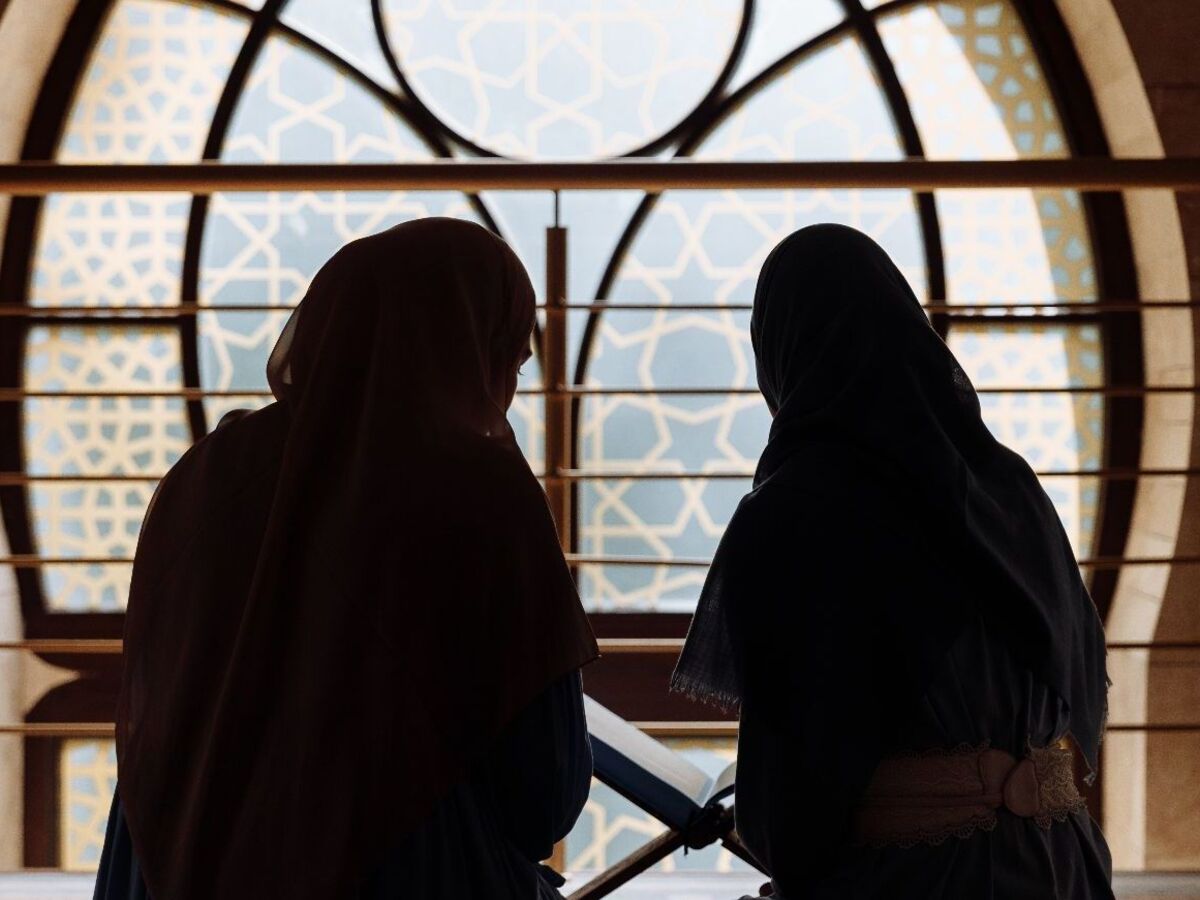Image

Five mosques and Islamic centers were able to form a consortium in the summer to help Afghan refugees as they arrive to the Capital District. The Islamic Center of the Capital District, the Al-Hidaya center, Masjid As-Salaam, Masjid Nabawi, and the Al-Arqam Center decided to come together to help "the brothers and sisters who need our help the most right now."
A member from each mosque were able to form a committee that looked for donations and volunteers to work with the United States Committee for Refugees and Immigrants in Albany.
So far, the committee has been able to raise enough funds for temporary housing and to help cover rent for the refugees-enough for three months.
The Al-Hidaya Center of Latham has been working with local resident Uzma Popal to create a donation center and thrift shop on Route 2. It currently stocks clothing, household goods, furniture, along with some baby items.
So far, 10 new refugee families were able to come to the shop to pick up some items, according to Popal. However, refugees started arriving to the area in September and the amount has increased significantly since the withdrawal of U.S. troops and airlifting of Afghans.
According to Popal, 304 refugees have arrived to the Capital District since September.
"They had no place to stay. USCRI put them up in a hotel for a couple of days," Popal told Times Union. "Even if people can open their houses for a week, it will be a huge help."
Refugees who arrive, usually come at a short notice- even with just a couple of days notice. So this makes the host families and organizers having to scramble to arrange housing, clothing, food, baby items and other items.
Another issue is that families are not all coming in together.
"One family member may be in the area but the rest of the family may be in process," Popal said. "The ones who just came have nothing in place. We have been able to provide food and basic necessities."
When it comes to the donation center, Popal says that there is still a need for volunteers of any faith to help sort through the donations- especially since the items continue to pile up. The shop is only open for limited hours twice a week. But she is still grateful for all of the help that has been given.
"Our friend Barbara Dworkin, community activist from Niskayuna, has been collecting furniture," she said. "She has rounded up volunteer drivers and pickup trucks and has delivered the items to the donation center or directly to apartments. She will also get volunteers to fundraise."
There is also a need for volunteers to be mentors and translators for the families that arrive since language is a big barrier.
"Our volunteers speak Urdu and Farsi and can help them" navigate the process and fill out forms, Popal said.
Amirah ElTahir, originally from Sudan, is an Albany resident and a refugee committee member who said that 100 refugees have already received social service packages.
"Some are still being put up in hotels. Volunteers are cooking two meals a day for them," ElTahir said. "We deliver that to Al-Hidayah and a volunteer driver delivers the meals to the hotel where the refugees are staying."
Another group of refugees, who do not have any social services, have volunteers deliver groceries to them. This includes providing money for items like chicken or beef from halal meat markets. But there is also a need for volunteers to take refugees to necessary appointments.
"We need volunteers to take them to the doctor for appointments. They got COVID-19 vaccines in Texas before being sent here," ElTahir said. "The first wave of people arriving four or five years ago was from Afghan villages, many of whom did not know even their own language. The new arrivals are from cities and are mostly educated people. Many know English. They are ready to work but they don't have legal status yet. Cleaning hotels, whatever jobs they get, they are ready to take."
There are also a lot of children who are not enrolled in school because they don't have any immunization papers.
"We are thinking of having teachers teach the children at their homes. But they have to get into an apartment first," said ElTahir. "There are so many of them. I worry people will get tired of helping them."
If you would like to help donate or find out how you can help these refugees, contact the USCRI Albany Field Office for more information on how you can help.